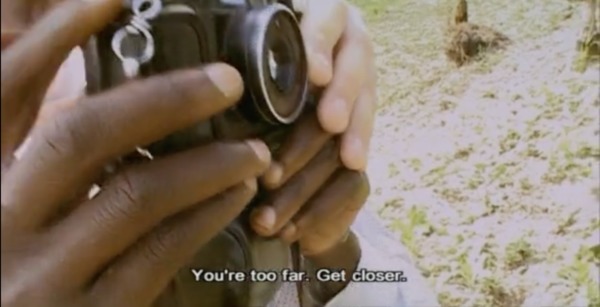
At the Verso blog, photography theorist Ariella Azoulay continues her series about photography and imperialism with a piece entitled “Unlearning Imperial Sovereignties.” In the piece she argues that the market for international images of war and disaster, which is built on an imperialist foundation, relies on a strict separation between photographers and the imperiled communities they photograph. Bridging this divide and building an “affectionate proximity and commitment” between photographers and their subject can be a major step towards unlearning imperialist photojournalism. Here’s an excerpt:
Photographs are, however, metonymical records of an encounter between those convened around the camera, figures whom the unifocal camera is designed to separate and differentiate while naturalizing that separation. Thus, the what, how, and who captured in the pictures are dissociated on different levels from the what, how and who engaged in taking the photos and circulating and holding the rights to them as if they were private property. This dissociation is predicated on one of the camera’s features, thus belittling the role of its other features. One of the most important of them is the opportunity that the camera creates for people to coincide with others in the same space and time and thus participate in generating something in common, something that could not be produced otherwise—that is, without the presence and participation of others. It is only through powerful institutions such as museums, archives, the press, or the police, as well as economic and political sanctions, that such other features and the participation of the many are devalued, prohibited, or outlawed in an attempt to deprive the participants in the photographic event of their rights and power, making photography subservient to the imperial project. This is what keeps the unilateral right on which photography was institutionalized—the right to roam around with a tool that penetrates people’s lives and to take their pictures without being invited to do so—ungrounded and reversible.
Image via the Verso blog.